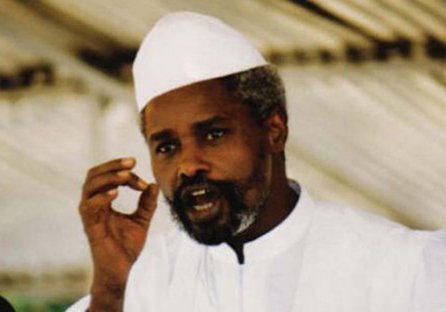Today, the ICJ voiced extreme concern over political maneuverings in Senegal that led to the dismissal of charges of torture against former Chadian dictator Hissene Habre on 4 July.
Mr. Habre, who ruled Chad from 1982-1990 and lives in exile in Dakar, was indicted on torture charges last February by Investigating Judge Demba Kandji.
On Monday 3 July, the Conseil supérieur de la magistrature headed by President Abdoulaye Wade and his Minister of Justice removed Judge Kandji from the case. A Court then dismissed the charges against Mr. Habre, stating that he could not be prosecuted in Senegal because his alleged crimes had not been committed there.
The ruling is contrary to international law.
Senegal ratified the Convention against Torture in 1986. The Constitution of Senegal provides that a ratified international instrument prevails over domestic law. The Convention imposes a legal obligation on Senegal to prosecute any person suspected of committing torture and who is in its territory. This is quite aside from the customary international law principle of universal jurisdiction which provides for the prosecution of such crimes irrespective of where they are committed and the location and nationality of either perpetrator or victim.
The removal of Judge Kandji while investigating a highly sensitive case is an expedient political decision. It is contrary to the rule of law, a fundamental principle of which is a free and independent judiciary.
It is reported that Mr. Habre’s victims will now appeal the decision to Senegal’s final Court of Appeal. In the meantime, the ICJ calls on the Government of Senegal to retain restrictions on Mr. Habré to prevent his fleeing the jurisdiction. The ICJ also demands that the judicial process be allowed to follow its course, free of political interference, and in accordance with the principles of international law.
The dismissal of the charges by a Senegalese Court is especially regrettable given that Senegal was the first State to ratify the Statute of the International Criminal Court with a view to ending impunity for gross human rights violations. The ICJ now calls on the Government of Senegal to honour its prior commitment through its own courts.




